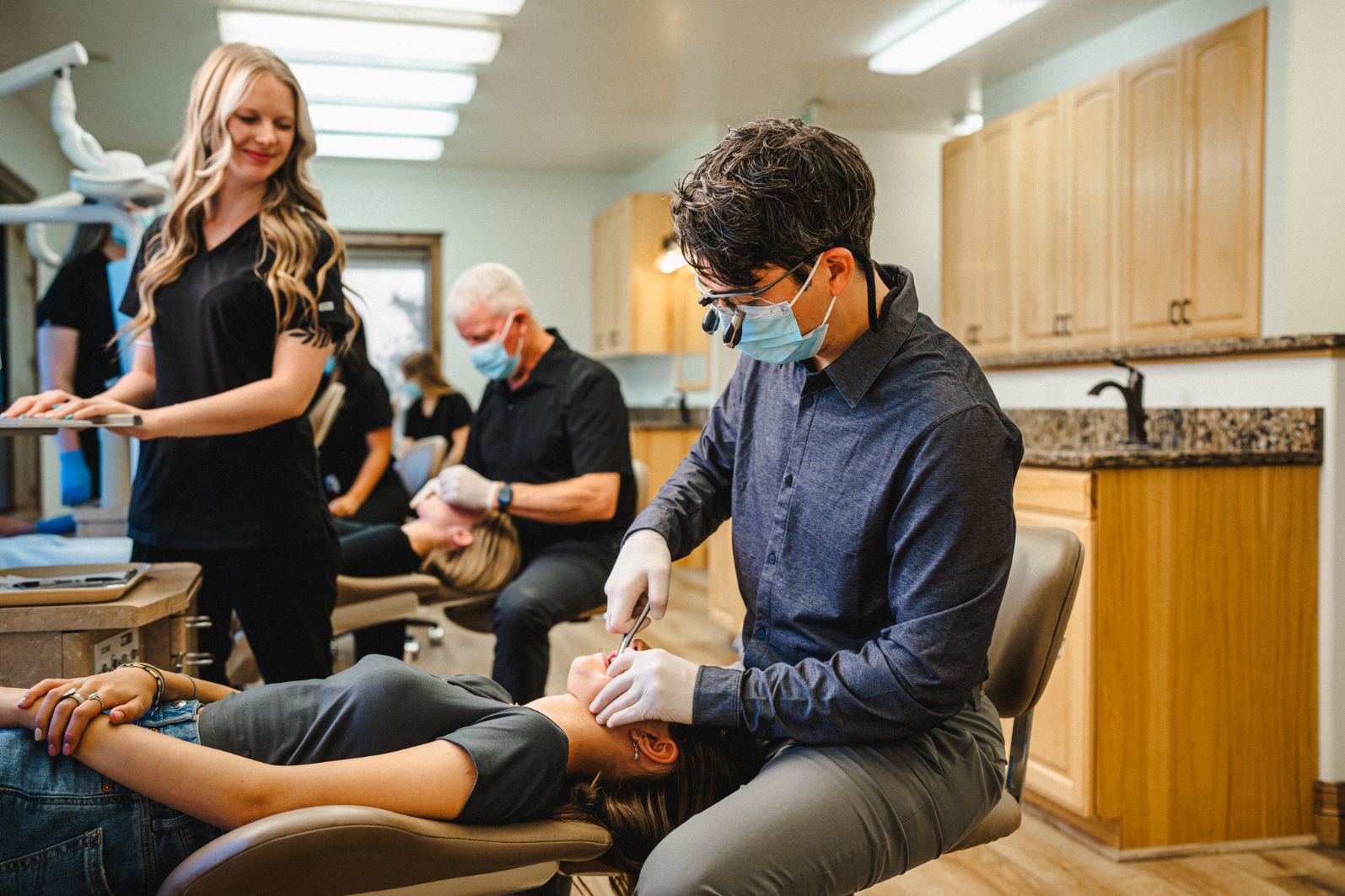Scheduling your first doctor appointment is a significant step toward managing your health. Whether seeking primary care or looking into regular checkups, being prepared helps make it a smooth and productive experience. Before walking through that doctor’s office door, here’s what you should know.
How Should You Prepare for Your Appointment?
Proper preparation can make your visit more efficient. Begin by noting the purpose of your appointment, whether it’s a routine check-up, addressing a specific concern, or ongoing health management. Write down a list of symptoms, questions, or concerns to discuss with the doctor during the visit. Confirm logistics such as the appointment time, date, and location. For visits to a new practice, bring documents like a photo ID, insurance card, or prior medical records.
Do You Understand Your Medical History?
Your medical history plays a role during your first doctor’s visit. Be ready to provide information about past illnesses, surgeries, allergies, or chronic conditions. Note your family’s medical history, as hereditary conditions may inform specific diagnoses or preventive measures. Writing down all medications or supplements you currently take is also helpful. Include the dosage and frequency to give your physician a clear picture of your health.
What Should You Expect During the Visit?
During your first appointment, a doctor typically reviews your medical history and discusses your health concerns. You may also undergo a physical examination depending on the purpose of the appointment. The doctor might request tests or screenings, such as bloodwork or imaging, to gain other insights. This is also your opportunity to discuss lifestyle factors, like exercise, diet, and sleep habits. Providing accurate and honest information allows the doctor to tailor advice and recommendations to your specific needs.
What Questions Should You Ask Your Doctor?
To make the most out of your visit, come prepared with questions. Try asking about the following topics:
- Frequency of recommended checkups or tests.
- Preventive measures are based on your personal and family history.
- Guidance on managing any symptoms or discomfort.
If prescribed medication or treatment, request information about potential side effects and how to follow the plan properly. Clear communication is key to making well-informed healthcare decisions.
Are You Familiar with the Practice?
Before heading to your appointment, take a moment to familiarize yourself with the practice. Visit their website to learn about their services and get details about the team of physicians. Some practices provide resources, like patient information forms or FAQs, that can ease the process for new patients. Understanding the practice’s policies, such as appointment cancellations or follow-ups, can help avoid surprises.
What’s Next After Your Visit?
The appointment doesn’t end as you leave the office. Follow-up plays a role in your healthcare. Knowing how and when to access the results can be helpful if tests were ordered. Your doctor might provide recommendations or suggest lifestyle changes during your appointment, so take note of them and implement any necessary steps. Keep track of future appointments or screenings if they’re part of the plan.
Schedule Your Appointment
A doctor’s appointment is an opportunity to take charge of your health. Preparing thoroughly, asking the right questions, and following up afterward can make the experience smooth and informative. If you’re ready to schedule your first appointment, reach out today to connect with a primary care provider near you.
- Zirconia Cap Price: Estimated Cost & Its Long-Term Benefits
- FREHF – The Revolutionary Future Of Human-Centered Technology!
- Adsy.Pw/Hb3 – Boost Your SEO And Drive More Traffic!
- Fitness Based Vacations By Timeshealthmage.com!
- TimesHealthMag Tips For Improving Sleep Quality – Expert Advice For Better Rest!


Leave a Reply